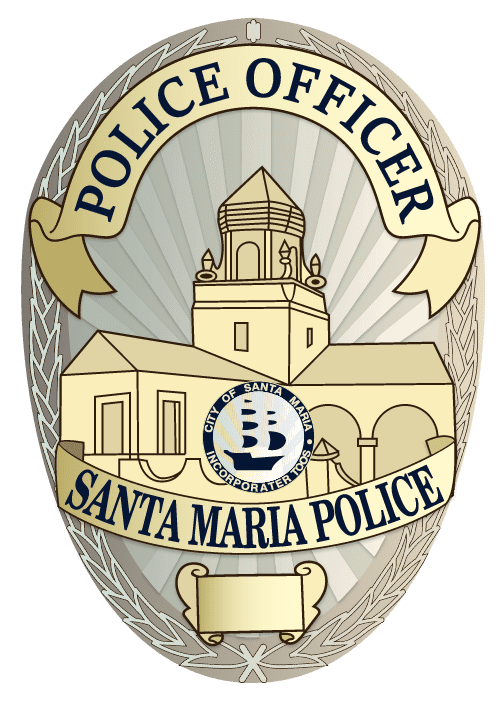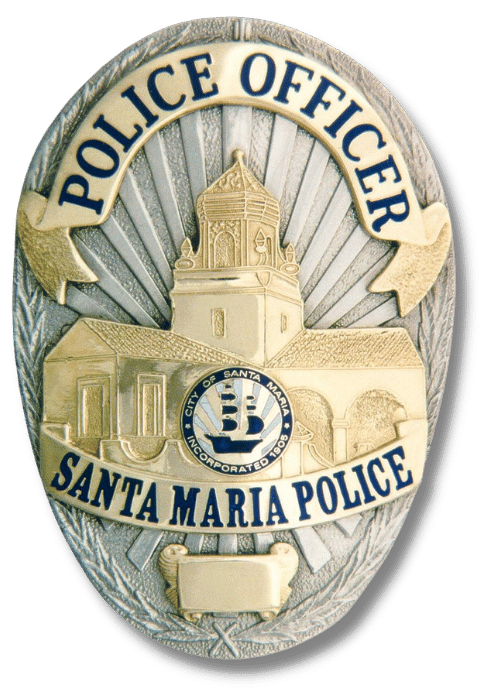The Police Academy
Once you have completed the hiring process, you will be sent to a police academy to receive basic law enforcement officer training. The academy is a para-military form of training, with an emphasis on academics as well as fitness.
Hours of Training
Subjects Taught
Criminal Law
You will learn criminal law application and procedures, as well as penal, vehicle, health and safety codes and more.
Vehicle Operations
Knowing the dynamics of a patrol vehicle, and how to operate it to its maximum potential in a safe manner is critical.
Firearms
You will learn about firearms and how to safely and efficiently use them to save your life and the lives of civilians.
Tactical Ops
To protect yourself and members of the community, you will be trained in tactical operations and skills for a myriad of situations.
Lifesaving Skills
From CPR and first aid, to emergency childbirth, to putting out fires, you will master skills which one day may save a person’s life.
Defensive Tactics
Knowing how to defend yourself from those wishing to do you or a member of the community harm are valuable skills you will learn.
What About
The Stress of The Academy?
Police academies across the nation vary in whether they are a stress academy or non-stress academy. A stress academy would be based on military principles, with intense physical demands and psychological pressure. Non-stress academies emphasize academics in addition to physical training sessions, and more relaxed interaction with trainers.
- All or Mostly Stress 22%
- Slightly More Stress Than Non-Stress 25%
- Balanced Stress And Non-Stress 33%
- Slightly More Non-Stress Than Stress 12%
- All Or Mostly Non-Stress 7%
The Field Training Program
You will be subject to high-stress, critical, and sometimes violent incidents which will require you to rely on your training and de-escalation skills in an effort to appropriately resolve.
Department Policy
You will become familiar with, and demonstrate adherence to, the policies of the Santa Maria Police Department.
Vehicle Operations
You will demonstrate the safe, efficient, and practical operation of a patrol vehicle in both stress and non-stress conditions.
Firearms
Proper handling and use of firearms in accordance with the policies, tactics, and standards of the department will be used.
Communications
Your interactions with community members, victims, suspects, witnesses, peers, and supervisors will be evaluated.
Application of Law
We want to see you take the legal knowledge you learned in the academy and apply it in your everyday performance.
Critical Incidents
You will be subjected to high-stress, and sometimes violent incidents which require you to respond and successfully defuse.
FIELD TRAINING OFFICER (noun)
- An experienced police officer with the ability to teach recruits and trainees how to properly, efficiently, safely, and bravely perform the duties of a police officer operating a patrol vehicle in a solo function
- A mentor
- A police officer role model

FIELD TRAINING OFFICER (noun)
- An experienced police officer with the ability to teach recruits and trainees how to properly, efficiently, safely, and bravely perform the duties of a police officer operating a patrol vehicle in a solo function
- A mentor
- A police officer role model

ACADEMICS ARE IMPORTANT
We can not emphasize it enough. Academics are important both in the police academy, and the field training program. Police officers need to be highly knowledgeable in all aspects of their position.
%
Academy Completion
86% of all recruits who start the police academy graduate
%
Academic Fail - Men
38% of male recruits failed the academy due to academics
%
Academic Fail - Women
25% of female recruits failed the academy due to academics
*All statistics on this page were taken from the U.S. Department of Justice State and Local Law Enforcement Training Academies, 2013 report published in July of 2016. Click here to download the report.
